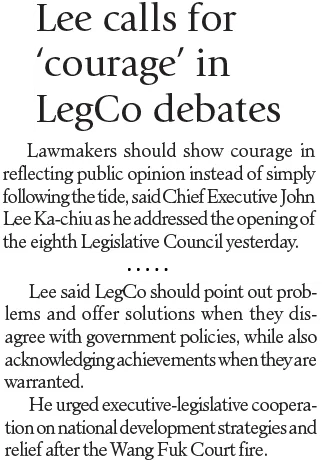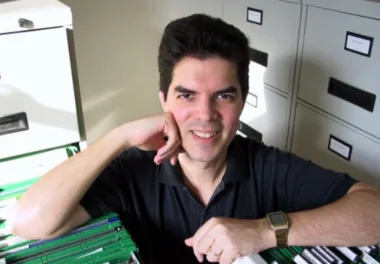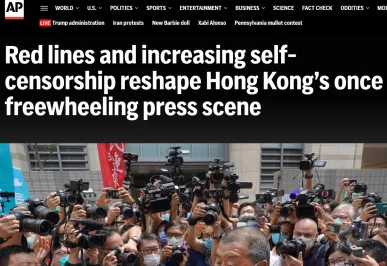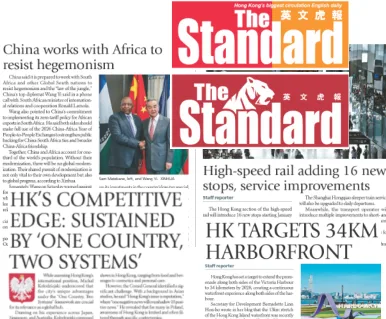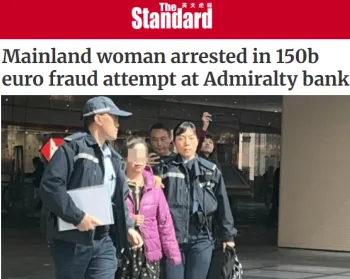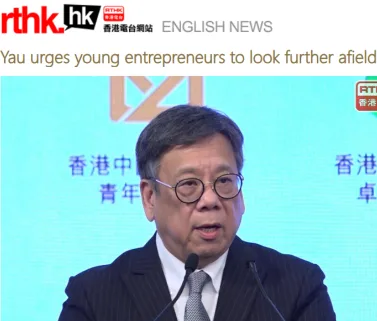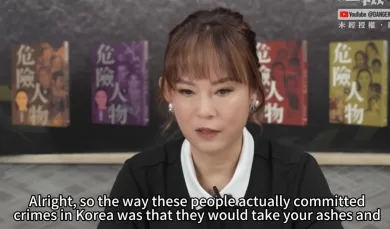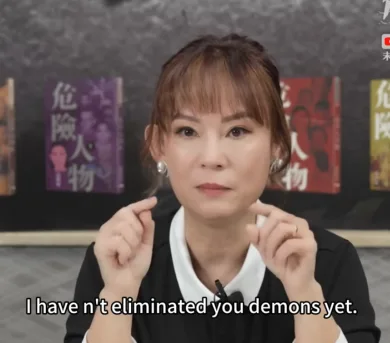Speaking at the opening of the Legislative Council, John Lee urges lawmakers to ‘show courage in reflecting public opinion instead of simply following the tide’. (Standard story on on-line print edition only.)
So, after introducing ‘all-patriot’ elections in 2021 to ensure only vetted, non-opposition candidates can run, the authorities worry that the resulting legislature lacks credibility (barely 30% of voters turned out).
Can people picked to agree with the government be induced to criticize it? (Maybe officials can train them by making them watch videos of Long Hair in the chamber, delivering his unscripted, impassioned pleas for social justice.) Do they have the knowledge of public affairs or the thinking skills to devise alternative policies?
And why should they need ‘courage’ to do it?
Obituaries for David Webb – from the NYT…
While finance was his main focus, Mr. Webb saw Hong Kong’s economic prospects as inseparable from its political system. In 2014, he gave a speech before thousands of protesters who were calling for a more democratic way of electing the city’s leader, saying that a popular mandate would make Hong Kong more stable and prosperous.
“Don’t worry about the small economic impact of these protests,” he said, according to a transcript of the speech on his website. “Think about the large economic benefits of a more dynamic economy, ending collusion between the government and the tycoons who currently elect” the city’s leader, he said.
…“I didn’t want to just, at the end of my life, have the epitaph: He made a lot of money,” Mr. Webb said in the interview with The Times. “Lots of investors have done that. It’s much better to feel that you’ve accomplished something in the policy areas, made the place you live in a better place.”
And Bloomberg…
When in October 2016 he posted a demand that hotel amenities maker Ming Fai International Holdings pay a special dividend from a property sale, the shares jumped around 7% within minutes. Later at a shareholder meeting, the firm’s mom-and-pop investors stood to shake his hand and thank him for intervening.
…In hopes that his website would live on without him, Webb said he tried handing it over to the University of Hong Kong along with offers of substantial donations to support it, only to be turned down. Maintaining a repository of data about companies and powerful individuals had become more perilous as Hong Kong’s government moved to restrict public access to such information.
…Webb had his fair share of detractors. He was quick to dismiss the viewpoints of Hong Kong’s local brokerage community, Choi Chen Po-sum, a vice chairman of the Hong Kong stock exchange in the 1990s, told Bloomberg in 2019. An ultimately successful campaign to end stock trading-fee minimums in the mid-2000s spurred some in the local press to label him an agent of foreign hedge funds, an allegation he laughed off.
…“Don’t worry about the small economic impact of these protests,” he told the crowd blocking a major highway in front of the city’s legislative building, according to a copy of the speech on his website.
“Think about the large economic benefits of a more dynamic economy, ending collusion between the government and the tycoons who currently elect the chief executive,” he said. “When 70 old tycoons visit Beijing for instructions, you just know something is wrong. It should be the Great Hall of the People, not the Great Hall of the Tycoons,” he said.

